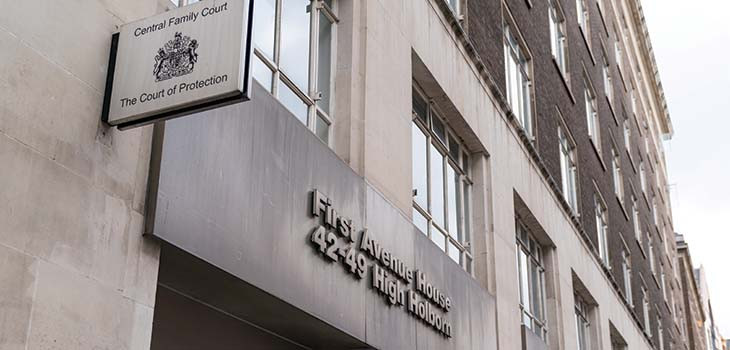
- Questions our understanding of the ‘magic circle’ of family lawyers.
- Discusses the single family court and the use of the term ‘financial remedies’.
- Asks whether the FPR could ever be aligned with the CPR.
This article addresses three questions about the modern state of family law:
(1) What or who is the ‘magic circle’ of family lawyers?
(2) What is the meaning of a ‘financial remedies court’?
(3) In 2022 (and a much more important debate than the other two), what are the realistic chances of alignment of the Family Procedure Rules with the Civil Procedure Rules 1998?
A first thing to assert is that the term ‘financial remedy’ does not exist in statute. It was made up by rule-makers in and approaching April 2011 when the new Family Procedure Rules 2010 (FPR 2010) came into operation. The terms approved in statute—rules









